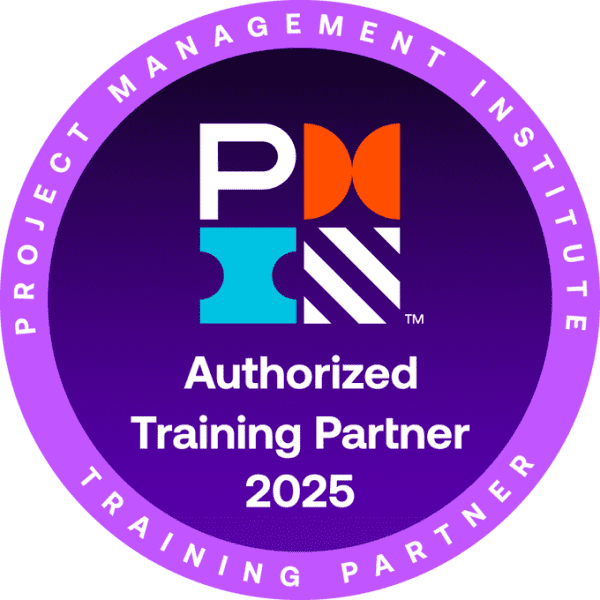Adult Learners
Malcolm Knowles (The Modern Practice of Adult Education, 1970) described adult learners as being autonomous and self-directed – needing to be free to direct themselves. He therefore recommended instructors:
- Actively involve participants in the learning process and serve as facilitators for them.
- Allow participants to assume responsibility for presentations and leadership.
- Guide participants to their own knowledge rather than supplying them with facts.
- Show participants how learning will help them reach their goals.
Our Approach to Project Management Training
At Key Consulting we address these guidelines in our approach to project management training by:
- Providing clear course and class objectives.
- Conducting exercises than allow participants to work on real projects. This allows them to incorporate their own knowledge and experiences, and also provides deliverables that can be taken back to the workplace and used immediately, further reinforcing the learning process.
- Conducting review and presentation sessions after exercises, to allow participants to learn from each other, and to share peer experiences.
- Adopting a learning model that breaks the materials into manageable pieces, with frequent breaks, and exercises.
- Using experienced instructors with real world project experience. To be able to answer key learning questions such as “how would I make this work in this situation?” or “what have you done/seen in this situation?”, an experienced project manager is required, not a theoretical instructor.
- Using a number of different training methods, including: instructor presentations, structured exercises/role play in pairs or small groups, individual exercises, using real world projects from the workplace, facilitated group discussion, examination of case studies, example templates and demonstrations.
There are four critical elements of learning that must be addressed to ensure that participants learn. These elements are motivation, reinforcement, retention, transference.
Motivation
We strive to ensure participants recognize the need for the information we are providing, and how it will help them in the workplace. Where possible we provide real-world feedback on their exercises and questions. We also set an appropriate level of courseware difficulty and quantity, such that participants feel challenged but not overwhelmed. Exercises are also kept short and focused so that there is little downtime if one group finishes ahead of another.
Reinforcement
Exercises have an explicit purpose and desired outcome, but they also provide opportunities to practice and demonstrate a variety of less obvious project management skills, such as decision making, presentation skills, and group interaction. By using positive reinforcement to encourage desired behaviors in the classroom we reinforce the participants learning experience and constructively correct any misunderstanding or misinterpretations.
Retention
For participants to retain the information taught, they must understand the purpose for that information. They must also understand and be able to interpret and apply the information to their workplace. Retention is directly affected by the amount of practice during learning, and so where possible we use exercises to allow for initial practice in the classroom. Secondary practice then occurs as we review and discuss the exercise results from all the groups.
Transference
Transfer of learning is the result of training i.e. the ability to use the information taught in a new setting. We facilitate transference in our approach to project management training by:
- Associating the new information with techniques and experiences that the participants are already familiar with.
- Explaining how the new information is similar to approaches which they might already be familiar with or have seen applied in the workplace.
- Emphasizing how the new information will help participants be more successful managing projects i.e. how they will benefit directly from the new knowledge.
Project Management Institute


Key Consulting has been providing project management training using Project Management Institute (PMI) best practices and standards since 2002. Key Consulting employees have been part of PMI since 1991. All our project management courses provide Professional Development Units (PDUs) for Project Management Professionals, our instructors are PMP certified, and we are a PMI Authorized Training Partner (PMI ATP).